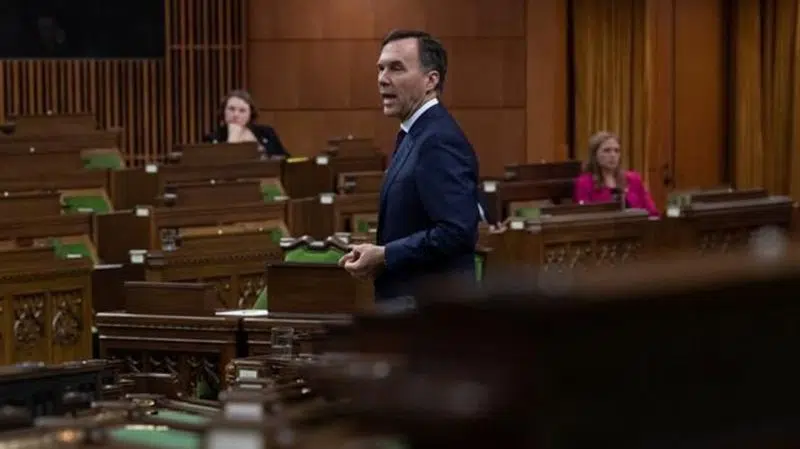
House of Commons passes legislation for COVID-19 help with unanimous support
UPDATE: The Bill has since been approved by the Senate and has received Royal Assent from the Governor General.
—
OTTAWA — The House of Commons has passed emergency legislation to free up $82 billion to help Canadians weather the COVID-19 crisis.
After a day of tense negotiations, MPs began debating the bill in the wee hours of Wednesday morning, and a vote took place shortly after.
